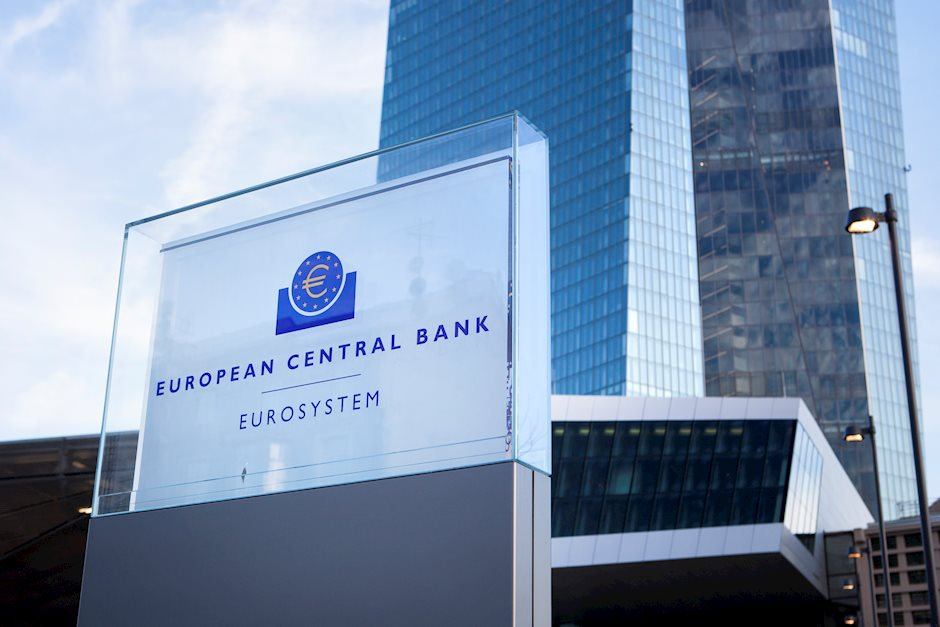ECB reportedly creating a crisis tool in case bond yields jump – BBG

The European Central Bank is creating a crisis tool to address a potential jump in bond yields, Bloomberg reported on Friday. The bank is yet to decide if this backstop would be announced pre-emptively, the report added, noting that the tool remains at the stage where it is still being designed by staff.
Market Reaction
The euro did not react to the latest reports. But the report highlights one of the key dilemmas, or balancing act, that the ECB must face. On the one hand, the bank clearly needs to move in a direction of tighter monetary policy conditions given the inflation backdrop in the Eurozone, something increasingly being recognised by the governing council.
The ECB likely needs to do this to a sufficient degree that it prevents further broad euro depreciation, given this depreciation worsens the inflation issue. On the other hand, the ECB must avoid a situation where markets lose confidence in the ability of the likes of Italy and other highly indebted EU nations to be able to sell their debt, and must thus remain present as a buyer of last resort.
They do not want a repeat of the EU debt crisis from a decade ago, hence the likely development of this new "crisis" tool.
Author

Joel Frank
Independent Analyst
Joel Frank is an economics graduate from the University of Birmingham and has worked as a full-time financial market analyst since 2018, specialising in the coverage of how developments in the global economy impact financial asset
















